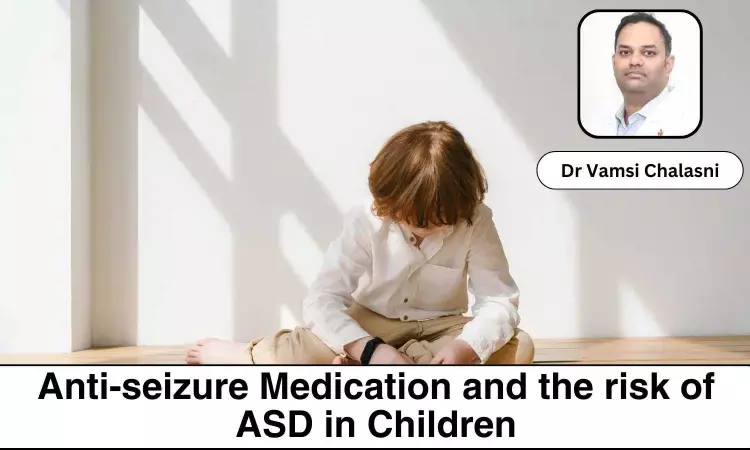- Home
- Medical news & Guidelines
- Anesthesiology
- Cardiology and CTVS
- Critical Care
- Dentistry
- Dermatology
- Diabetes and Endocrinology
- ENT
- Gastroenterology
- Medicine
- Nephrology
- Neurology
- Obstretics-Gynaecology
- Oncology
- Ophthalmology
- Orthopaedics
- Pediatrics-Neonatology
- Psychiatry
- Pulmonology
- Radiology
- Surgery
- Urology
- Laboratory Medicine
- Diet
- Nursing
- Paramedical
- Physiotherapy
- Health news
- Fact Check
- Bone Health Fact Check
- Brain Health Fact Check
- Cancer Related Fact Check
- Child Care Fact Check
- Dental and oral health fact check
- Diabetes and metabolic health fact check
- Diet and Nutrition Fact Check
- Eye and ENT Care Fact Check
- Fitness fact check
- Gut health fact check
- Heart health fact check
- Kidney health fact check
- Medical education fact check
- Men's health fact check
- Respiratory fact check
- Skin and hair care fact check
- Vaccine and Immunization fact check
- Women's health fact check
- AYUSH
- State News
- Andaman and Nicobar Islands
- Andhra Pradesh
- Arunachal Pradesh
- Assam
- Bihar
- Chandigarh
- Chattisgarh
- Dadra and Nagar Haveli
- Daman and Diu
- Delhi
- Goa
- Gujarat
- Haryana
- Himachal Pradesh
- Jammu & Kashmir
- Jharkhand
- Karnataka
- Kerala
- Ladakh
- Lakshadweep
- Madhya Pradesh
- Maharashtra
- Manipur
- Meghalaya
- Mizoram
- Nagaland
- Odisha
- Puducherry
- Punjab
- Rajasthan
- Sikkim
- Tamil Nadu
- Telangana
- Tripura
- Uttar Pradesh
- Uttrakhand
- West Bengal
- Medical Education
- Industry
Does Anti-seizure Medication Increase the Risk of Autism Spectrum Disorder in Children? - Dr Vamsi Chalasani

Autism spectrum disorder (ASD) is not just a single disorder or disability, but a spectrum of experiences arising from differences in how the brain develops.
Specifically, the regions involved in social interactions and interpreting subtle cues from others develop differently compared to the areas handling movement, focus, and logical skills.
This helps explain why individuals on the autism spectrum can exhibit various characteristics. Some may struggle with communication, reading social cues, or repetitive behaviors, while possessing remarkable talents like prodigious memory, math abilities, or intense focus on their areas of interest.
But what causes autism?
Research continues to explore the answer to this question. Many studies find that mothers who have certain health conditions and complications during birth could contribute to the development of ASD.
Of these maternal health conditions, researchers have identified one possible link between mothers who have epilepsy and an increased risk of their children being diagnosed with ASD.
Multiple large population-based cohort studies found that children born to mothers with epilepsy had a moderate risk of developing autism compared to children born to mothers who did not have epilepsy.
A 2015 Swedish population study examined around 28,962 children born to mothers with epilepsy. They found a 1.6-fold increased autism risk in children of mothers with epilepsy.
Treatment for epilepsy includes surgery and diet modifications but the most common course of management is through anti-epileptic medication. However, many studies saw that the risk of developing ASD was higher when the foetus was exposed to anti-seizure medication such as valproate during pregnancy.
But, this does not hold true for all anti-epileptic medicines. A recent study published in the New England Journal of Medicine observed the gestational exposure to various anti-seizure medications and the incidence of autism in children born to them.
Topiramate, also prescribed for migraines and bipolar disorder, was one such anti-seizure medication that was profiled.
For the study, the researchers from Harvard T.H. Chan School of Public Health analyzed data from two large databases on the health of pregnant women from 2000 to 2020. They looked at a population of nearly 4.3 million pregnant women and their kids.
Then, they compared children exposed to topiramate in the second half of pregnancy to those who were not exposed to anti-seizure medication. They found that at the age of 8:
1. In the general population, 1.9% of children had ASD.
2. For children born to mothers with epilepsy who did not take any seizure medication during pregnancy, 4.2% had ASD.
3. For those exposed to the seizure medication topiramate in the womb, 6.2% had ASD.
4. For those exposed to valproate in the womb, 10.5% had ASD (significantly higher).
5. For those exposed to lamotrigine (another anti-seizure medication) in the womb, 4.1% had ASD.
After accounting for other factors that could influence ASD risk, the researchers concluded that the mother’s topiramate consumption during pregnancy did not increase the risk of the child developing ASD.
Moreover, the study further confirmed that exposure to valproate during pregnancy was still associated with an additionally increased risk of the child developing ASD. The researchers noted that the occurrence of ASD increases when the mother consumes a larger dose of valproate.
While topiramate does not pose any risk for autism, it still remains linked with a higher risk of oral clefts. Certain other anti-seizure medications such as lamotrigine and carbamazepine did not increase the rates of ASD when taken by mothers during pregnancy.
The researchers think that only a few antiseizure medications such as valproate increase the risk of ASD in children and they compound the risk of the condition to the effects of maternal epilepsy.
Disclaimer: The views expressed in this article are of the author and not of Medical Dialogues. The Editorial/Content team of Medical Dialogues has not contributed to the writing/editing/packaging of this article.
Dr Vamsi Chalasani MBBS, MD (General Medicine), DM (Neurology) is a Consultant (Neurologist) at Manipal Hospital, Vijayawada having over 7 years of experience in the field of Neurology. Dr Chalasani specialises in the treatment of Headache, Neuropathy, Stroke, Parkinson's Disease, Epilepsy and Dementia.


